The beauty of the Russian approach to internet censorship is that it doesn’t need to be technically sophisticated to be efficient — it’s all about instigating self-censorship, writes Andrei Soldatov
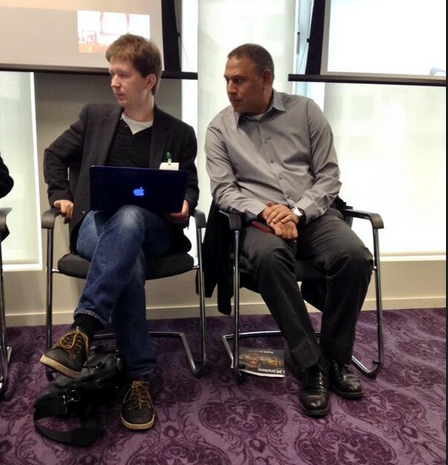

The beauty of the Russian approach to internet censorship is that it doesn’t need to be technically sophisticated to be efficient — it’s all about instigating self-censorship, writes Andrei Soldatov
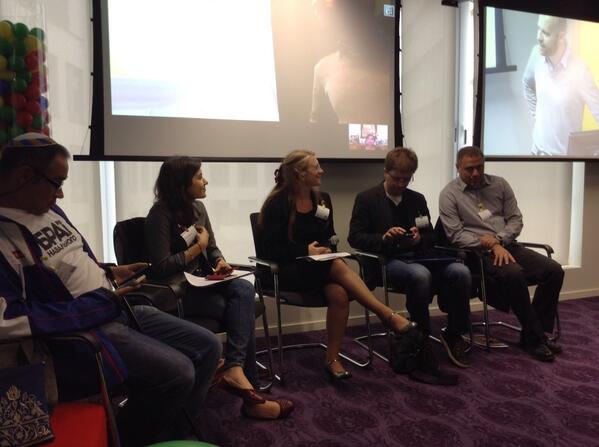
[View the story "Recap Report: Beating Retreat " on Storify]
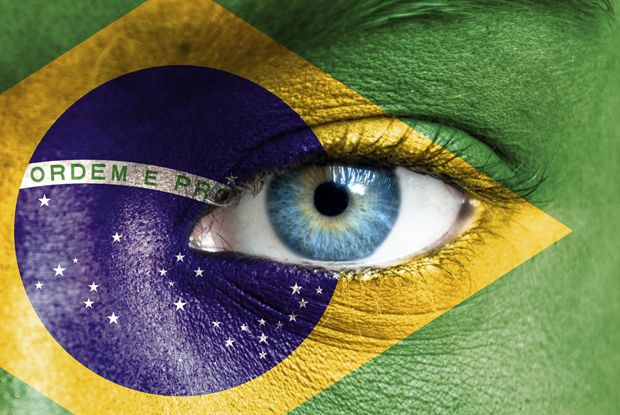
Index has looked at the countries taking part in arguably the biggest show on earth, and put together our own group of death — the freedom of expression edition
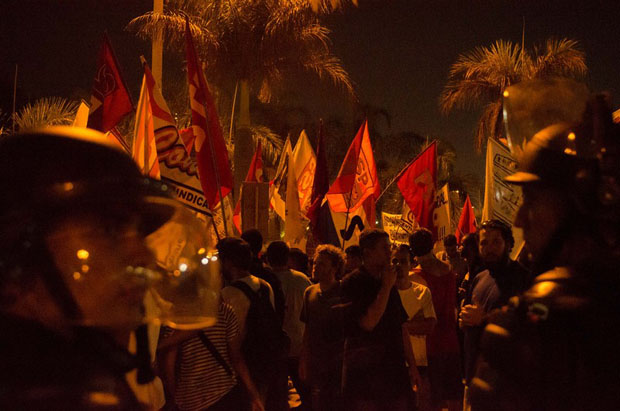
Against the backdrop of the World Cup in Brazil, we ask how, during global sporting events, should we respond to countries that repress their citizen’s free expression? Should we engage or ignore?

In an attempt to police Russia’s ocean of foul language, enter the swearbot, a computer programme forecast to go live this autumn, enforcing laws passed last spring. It should automate the rooting out blasphemous Russians, Alastair Sloan reports
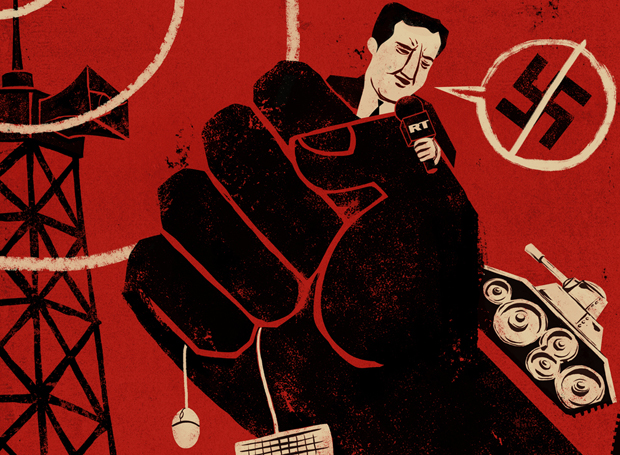
This week cartoonist Ben Jennings takes on Vladimir Putin’s information war.
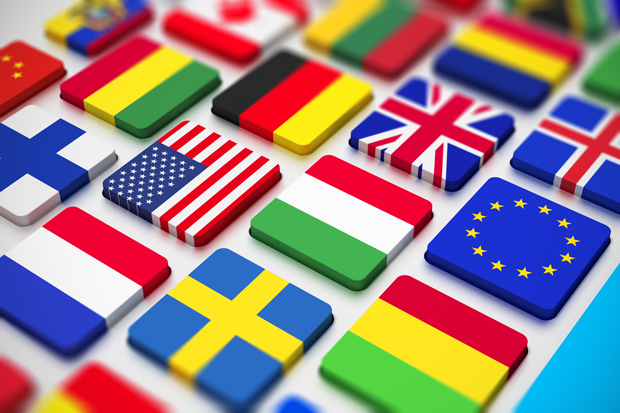
Reforms are on the cards for internet governance, but no one seems to be clear what exactly these will do to the way the web is used. Sentiments of doom and gloom mix with utopian forecasts of freedom, Binoy Kampmark writes

It’s been a bad week for the internet in Russia, with the founder of “Russian Facebook” claiming that Putin loyalists have total control of the site, and the Duma adopting controversial amendments targeting bloggers. Milana Knezevic writes
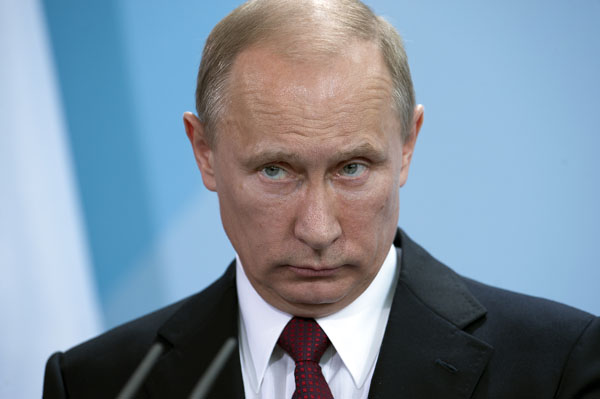
Censorship of anti-war sentiment in Russia now uses a mixture of state-sponsored media attacks, arms-length loyalists, crooked think tanks and legal strong-arming – but is it working? Alastair Sloan reports
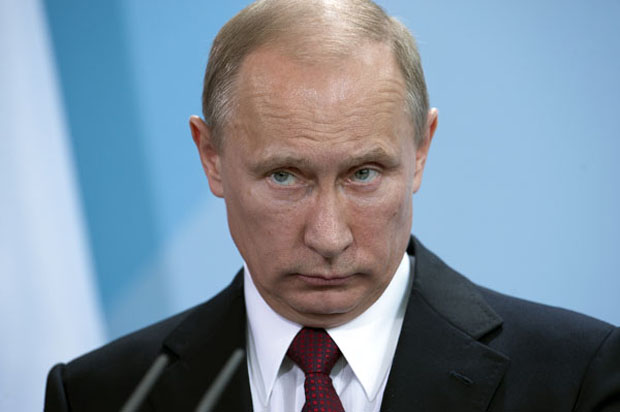
A recent study of Vladimir Putin’s gangster tendencies has been suppressed: not by the Kremlin, but by a UK academic publisher living in fear of England’s libel laws, writes Padraig Reidy